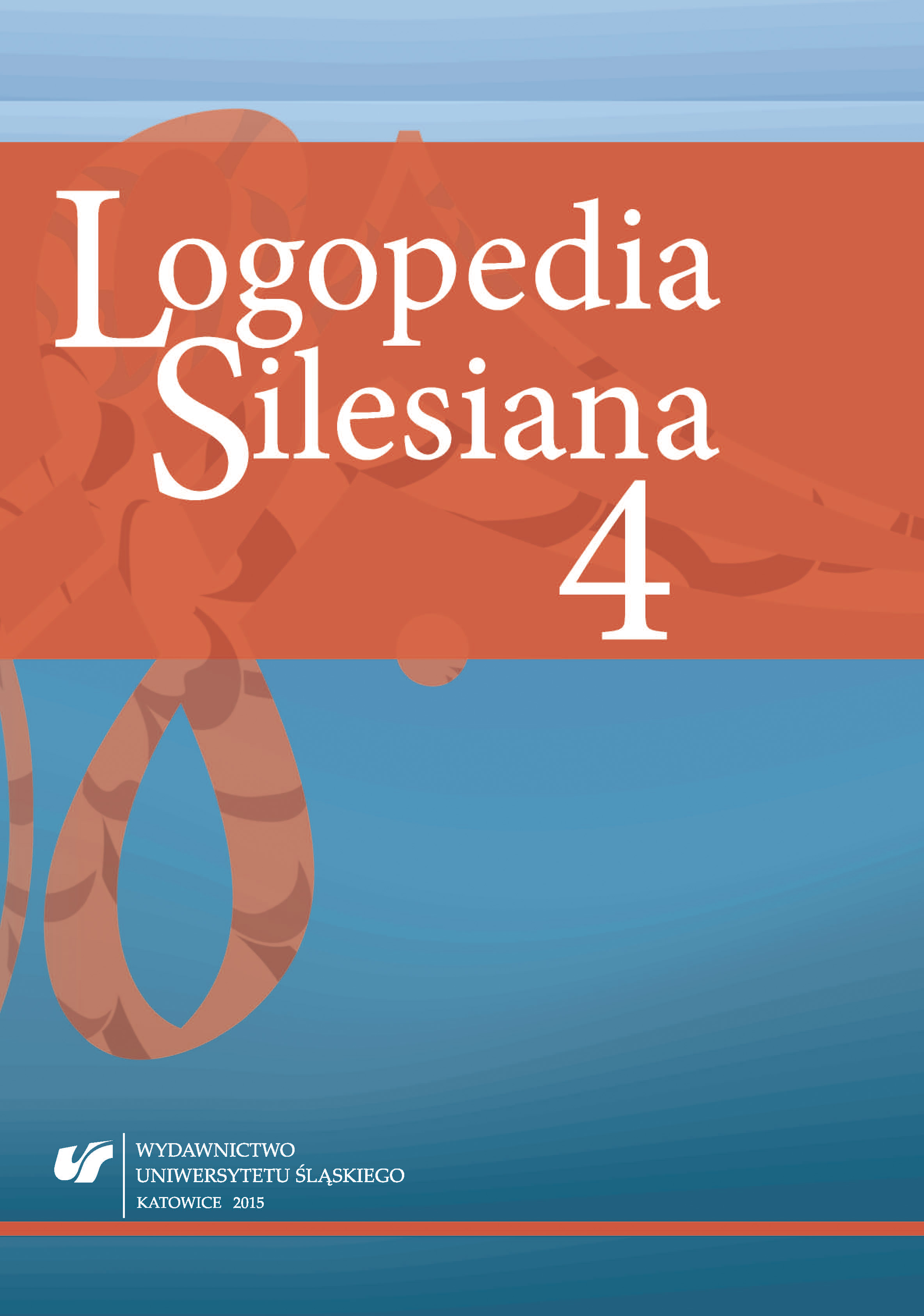Zespół psychoorganiczny w diagnozie logopedycznej
Psychoorganic Syndrome in Logopedic Diagnosis and Therapy
Author(s): Jolanta PanasiukSubject(s): Language and Literature Studies, Theoretical Linguistics, Applied Linguistics, Psycholinguistics
Published by: Wydawnictwo Uniwersytetu Śląskiego
Keywords: psychoorganic syndrome; characteropathy; dementia; mental disability; interaction disorders; logopaedic diagnosis; logopaedic therapy
Summary/Abstract: Psychoorganic syndrome is a condition in which, due to the organic damage to brain structures, disorders of the patient’s behaviour occur, manifesting themselves in the socio-emotional, cognitive, and linguistic spheres. The symptoms of psychoorganic syndrome have different types of neuropathogenesis: they may be caused by toxic, infectious, vascular and traumatic factors. The existing descriptions of speech disorders concentrate upon the damage to different brain areas, usually focusing first of all on dysfunctions of the communication process, i.e. the programming of verbal utterances. In the case of psychoorganic syndrome, interaction disorders do not arise from strictly linguistic difficulties, but are caused by disorders of the controlling function of the word. Psychoorganic syndrome is usually diagnosed in adults, while brain injuries in the developmental age usually lead to mental development disorders. Psychiatric literature therefore makes a distinction into three forms of psychoorganic syndrome: in adults 1) characteropathy and 2) dementia, and in children 3) oligophrenia. In speech therapy there are developed standards of diagnostic and therapeutic management in the case of oligophrenia and some forms of dementia, but there are still no procedures for diagnosis and therapy of interactions in other forms of dementia and characteropathic disorders.
Journal: Logopedia Silesiana
- Issue Year: 2015
- Issue No: 4
- Page Range: 81-112
- Page Count: 32
- Language: Polish

